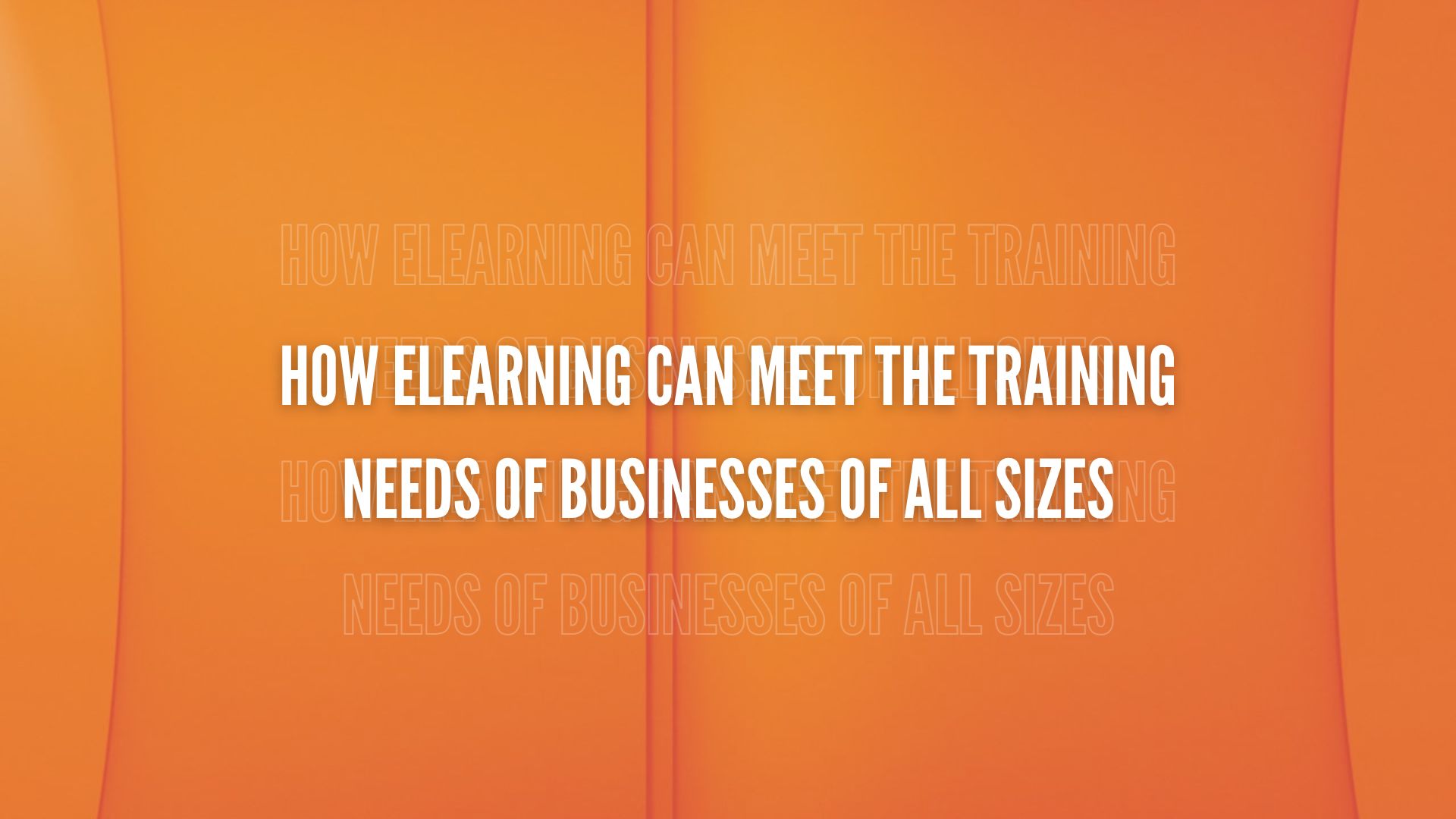Corporate training isn’t always what employees would consider to be personal. More often, it’s standard, dry content that doesn’t fit each employee’s job. But since relevant, personalized information is a key to best-in-class learning experiences that keep employees coming back for more training, it’s important that organizational leaders personalize corporate training as much as possible. LMS software can make this easier.
The Value of Personalized Corporate Training
Today’s multi-generational and multi-cultural workforce needs personalized training more than ever. “It’s no surprise that increased diversity in the workplace calls for a need for more personalized workplace learning. Personalized learning helps employees learn in a way that is unique to their background and experiences. It also can be more engaging for the employee,” stated Why Personalized Learning is Taking Over the Workplace.¹
Personalizing corporate training takes effort, but your investments of time and energy will pay off in dividends of strengthened brand image and values, increased worker motivation, a better ROI for training, and a more innovative company culture.²
“Taking a personalized approach and adapting lessons based on an employee’s retention and performance can elevate training ‘from a necessary evil that CEOs would love to minimize’ to ‘a strategic powerhouse.’” -- Society for Human Resource Management³.jpg?width=600&name=action-adult-advice-1120344%20(1).jpg)
3 Tips for Making Corporate Training More Personal with LMS Software
LMS software makes training personal through features like learning path functionality and language localization. Also, an LMS has multiple options for training delivery, such as video lectures, games, quizzes, simulations, PDFs, webinars, and more, that will appeal to any learner.
Using LMS software, here are a few way to make corporate training more experiential and fun:
- Let employees govern their own training -- Does the idea of allowing employees to lead their own learning experiences scare you a little? It shouldn’t. Allowing workers the freedom and responsibility to direct their growth is a great way to engage and upskill them, according to Employee-Led Learning: Allowing Workers to Stray from the Beaten Path4. It also gives employees more ownership over their skill development, which can lead to greater pride and motivation in their accomplishments.
A practical way to empower employees to lead their own learning is to have them set personal goals. This may sound like a small thing, and it is, but it is powerful.
In most training situations, companies communicate learning objectives and expect employees to meet them. With worker-led learning, company objectives are presented, but the employee is challenged to create goals that will help him or her meet these objectives. Once employees have created their own set of goals, administrators can personalize learning paths to meet each employee’s desire for knowledge, career advancement and valuation, while at the same time fulfilling company training requirements.
- Make training as flexible as possible -- Flexible training is more personal than a training session with a time and location that’s set in stone. A corporate training program delivered through an LMS is available on-demand, and accessible through most types of mobile devices via mobile learning and BYOD functionality.
Mobile learning is just one aspect of LMS software that promotes flexible, personal corporate training. “An e-learning solution that provides several tiers of content, connection with other learners or independent learning offers individuals the opportunity to choose the training modality that is most suited to their educational needs, learning style and personal schedules,” stated Training Industry.5
Make no mistake: a flexible corporate training program offered through an LMS has structure and can be measured, but its accessibility and multiple options for training delivery differentiate it from more traditional, rigid learning programs.
- Let workers generate their own eLearning content -- There is no learning content more personalized to an employee than that which he or she creates. “Ask online learners to create their own eLearning blogs or virtual presentations based on the subject matter. They must use their pre-existing knowledge and newfound tech skills to develop learner-generated eLearning content,” suggested eLearning Industry.6
Employee-generated eLearning content may also appeal to a learner’s peers, encouraging knowledge sharing and a collaborative work environment.
Is Your Employee Training Engaging and Personal?
Your employees are more likely to consistently engage in training that is personalized to their preferences and needs. Create this type of learning experience with LMS software and see what results you get.
Learn more about personalizing corporate training with a learning management system in 4 Tips to Create Customizable Learning Paths in eLearning. View success stories from implementing a custom eLearning program below.
References:
-
Verb. Why personalized learning is taking over the workplace. https://verb.net/blog/driving-innovation/personalized-learning/.
-
eLearning Industry. 6 major advantages of custom eLearning for corporate training. https://elearningindustry.com/6-major-advantages-custom-elearning-corporate-training.
-
Society for Human Resource Management. A personalized approach to corporate learning. https://www.shrm.org/hr-today/news/hr-magazine/0517/pages/a-personalized-approach-to-corporate-learning.aspx.
-
Deep Dive. Employee-led learning: allowing workers to stray from the beaten path. https://www.hrdive.com/news/employee-led-learning-allowing-workers-to-stray-from-the-beaten-path/526475/.
-
Training Industry. How flexible eLearning works in an on-demand world. https://trainingindustry.com/articles/e-learning/how-flexible-e-learning-works-in-an-on-demand-world/.
-
eLearning Industry. 7 tips to promote digital literacy and tech skills in eLearning. https://elearningindustry.com/tips-promote-digital-literacy-tech-skills-elearning.






